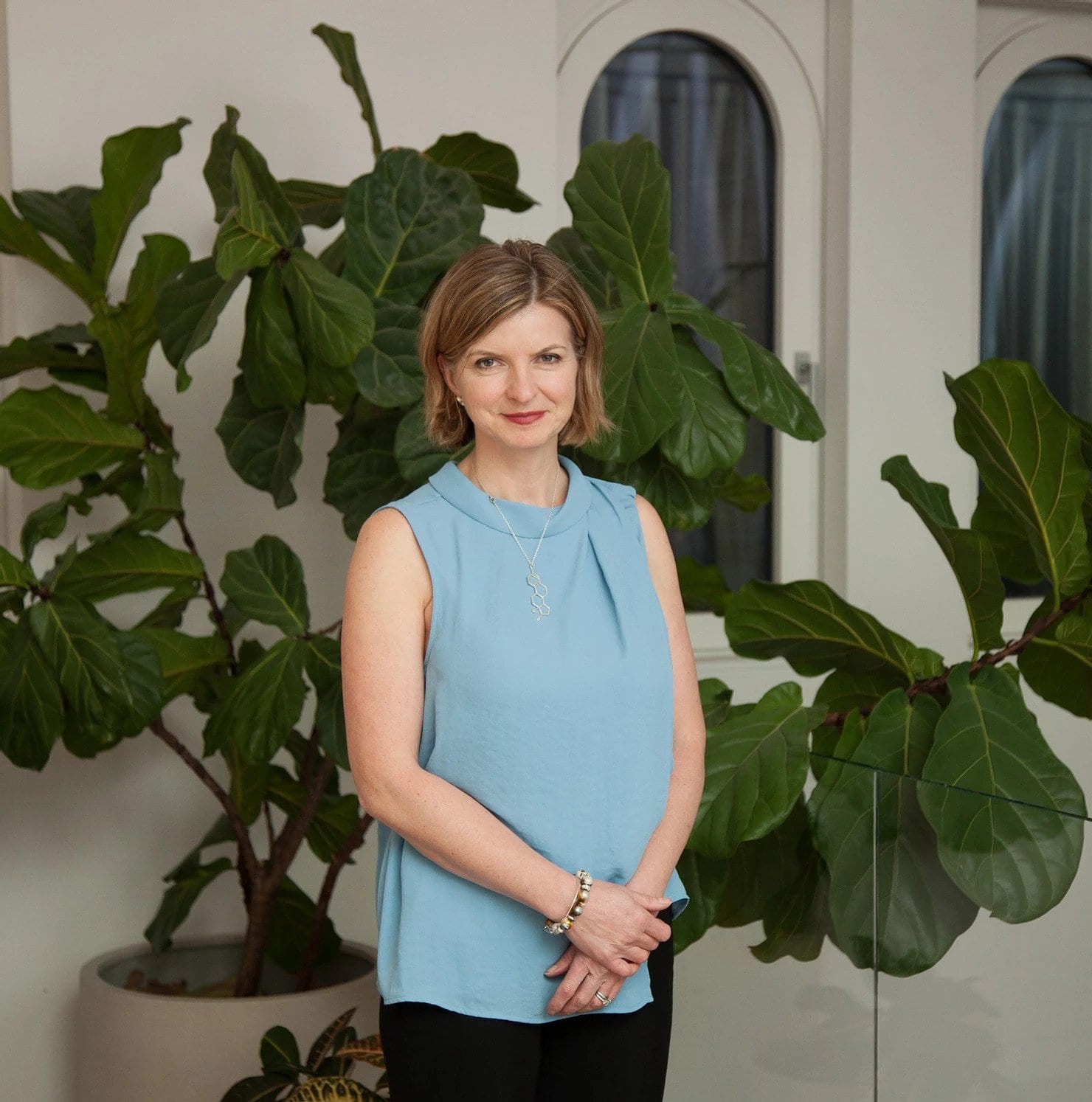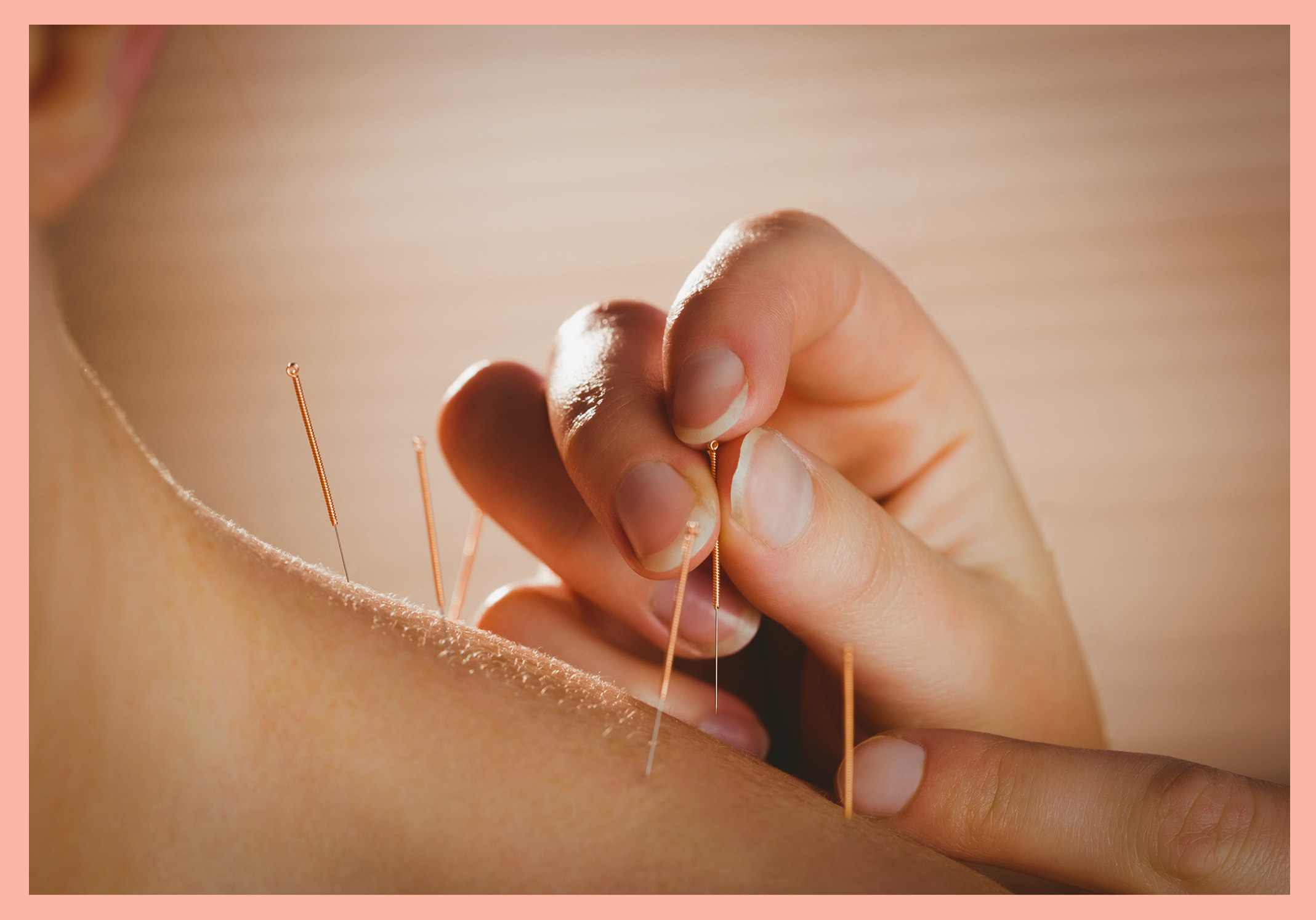
Dr. Anna Barbieri, OB/GYN & Elektra Health Founding Physician
At Elektra, we believe that women aren’t uneducated about hormonal health, they’re under-educated. Which is why we host events, write blog posts and send a weekly newsletter to help educate and empower women with knowledge about their bodies – how they work, and what women can do to take control over their health.
Last week, we hosted our first salon event of the year – Modern Medicine: From “Fearing The Change” to “Ready for Primetime” – with our founding physician and board-certified gynecologist, Dr. Anna Barbieri. Read on for key takeaways from the discussion!
What exactly is Estrogen? And why is it so important?
Estrogen is one of the most important players in a woman’s health journey. First isolated in 1912, the discovery of estrogen changed how we understand the biology of a woman’s body. Previously, the medical community attributed women’s gynecological and mental health conditions to “toxic” menstrual blood. At one point in time, doctors even believed that a woman’s uterus could “wander” – or travel within her body – wreaking havoc on her entire nervous system. Case in point: the word hysterical is derived from the Greek word for uterus. Upon discovering estrogen, however, the medical community began correctly attributing a woman’s biggest physical transitions to this new hormone estrogen: developing from a girl into a woman (puberty), becoming a mother (monthly opportunities via the menstrual cycle), to supporting a new life (breastfeeding).

When it comes to menopause and estrogen, the standard “treatment” has largely centered on estrogen level management– too high and it needs to be suppressed, too low and let’s boost it. But according to Dr. Barbieri, the totality of menopause cannot be reduced to such a simple formula.
What exactly happens to your body in menopause?
Menopause is defined as the point in time when a woman has not had a period/menstrual cycle in twelve months. The transition towards menopause begins when estrogen levels in the ovaries start to decline. But the transition is not linear – in fact estrogen levels fluctuate quite dramatically in the lead up to menopause. This period is called perimenopause, and it is the time we most often associate with the physical symptoms: mood changes, hot flashes, restless sleep, fatigue, etc. Although many women dread this time of life, it’s important to remember that women experience the transition in many different ways across geographies, ages, cultures and beyond.

Salon attendees listen attentively to Dr. Barbieri
When does menopause occur?
Although no two women are the same, the average age of menopause for most women occurs around 51. However, many women can begin experiencing the rocky changes of perimenopause early as their late 30s / early 40s. The medical community defines “early menopause” as having the last menstrual period before the age of 45. “Premature menopause” is considered having the last menstrual period before 40. While there’s no test to determine when you’ll go through menopause, there can be some genetic and hereditary elements that indicate women will experience menopause similar to their mother, aunts, etc. And let’s not forget that other factors can affect menopause onset such as medication, therapies, radiation, and surgically-induced menopause (i.e., hysterectomy).
“The Menopause journey is different for different women. There is no one size fits all approach. Treatment and care should depend on a woman’s health history, goals, and beliefs.”
How do different cultures view this transition?
It’s important to remember that menopause is NOT considered a universally negative experience. Women in some indigenous cultures look forward to menopause because it represents freedom from the constraints of fertility and childcare. In others, menopausal women can attain higher positions in the community and in their society as they assume the role of elders. Looking closer to home, as a society, we ought to recognize that women of the same cultural or ethnic group, living in the same location, and of similar health, will experience this transition differently. Simply put, no woman’s experience is the same. And it’s important to avoid universal standards or treatments, but instead to nurture and treat individual women according to their needs and beliefs.

Are there lifestyle changes a woman can adopt now to decrease negative symptoms?
Nutrition is a notoriously difficult topic for rigorous study. But we do know that a diet rich in plants, especially green leafy vegetables, can be helpful in early menopause. As Dr. Barbieri noted, there is no single type of diet that works for everyone. And there is nothing that can prevent menopause, but there are strategies that can be used to help women manage symptoms during this transition. Read our recent blog post on nutritional diets for menopause here.
Interested in joining a future Elektra Health Salon event? Sign up for our weekly Elektra Digest to learn about upcoming events!
Updated: Jan 29, 2020


